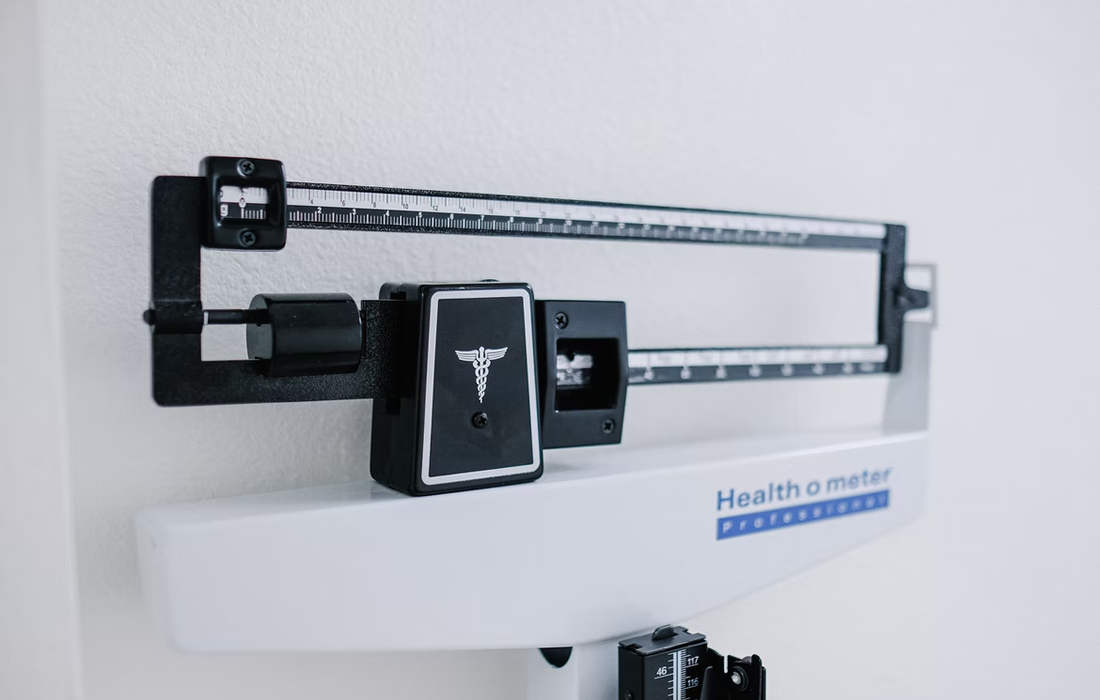Regenerative Medicine News and General Information
Even Before Eating by Watching Our Food, There is an Inflammatory Response in Our Brains
Insulin secretion is regulated by multiple factors, and although the direct effects of glucose acting on pancreatic β cells constitute the most prominent stimulus of insulin secretion, other mechanisms such as neuronal stimulation and incretin hormones may account for as much as 70-80% of the total insulin response to a meal.
There is something called the cephalic phase of insulin release, which is a consequence of sensory stimuli from food, including sight, smell, taste, proprioceptive and tactile stimulation. These sensory stimuli act on receptors in the head and oropharynx prior to the direct stimulatory effects of glucose in β cells.
Recently, researchers from the University of Basel and University Hospital Basel have identified an inflammatory factor known as Interleukin 1 β (IL-1β), which is involved in the immune response to pathogens and tissue damage, as an important part of insulin secretion, even in healthy individuals.
Excess IL-1β in Obesity Impairs Insulin Secretion
The team found that the cephalic phase of insulin release was mediated by IL-1β originating from microglia, and activates the vagus nerve to induce insulin secretion. This activity is regulated by the hypothalamus in response to cephalic stimulation.
They observed that in obesity the cephalic phase of insulin release was impaired due to dysregulates IL-1β signaling. Their analysis showed that obesity had a significant negative impact on the effect size of cephalic phase insulin release.
The chronic excess of endogenous IL-1β activity due to obesity dysregulated the cephalic phase in both humans and mice, meaning that the inflammatory response in obesity is so excessive that it impairs insulin secretion. The researchers were able to prevent this dysregulation by using an IL-1β antagonist.
Based on these findings, clinical studies are now examining whether inhibitors against this inflammatory factor are suitable for use as therapeutic agents for diabetes.
Source:
Sophia J. Wiedemann, et al. The cephalic phase of insulin release is modulated by IL-1β. Cell Metabolism, 2022; DOI: 10.1016/j.cmet.2022.06.001
Image from:
Photo by Kenny Eliason on Unsplash

